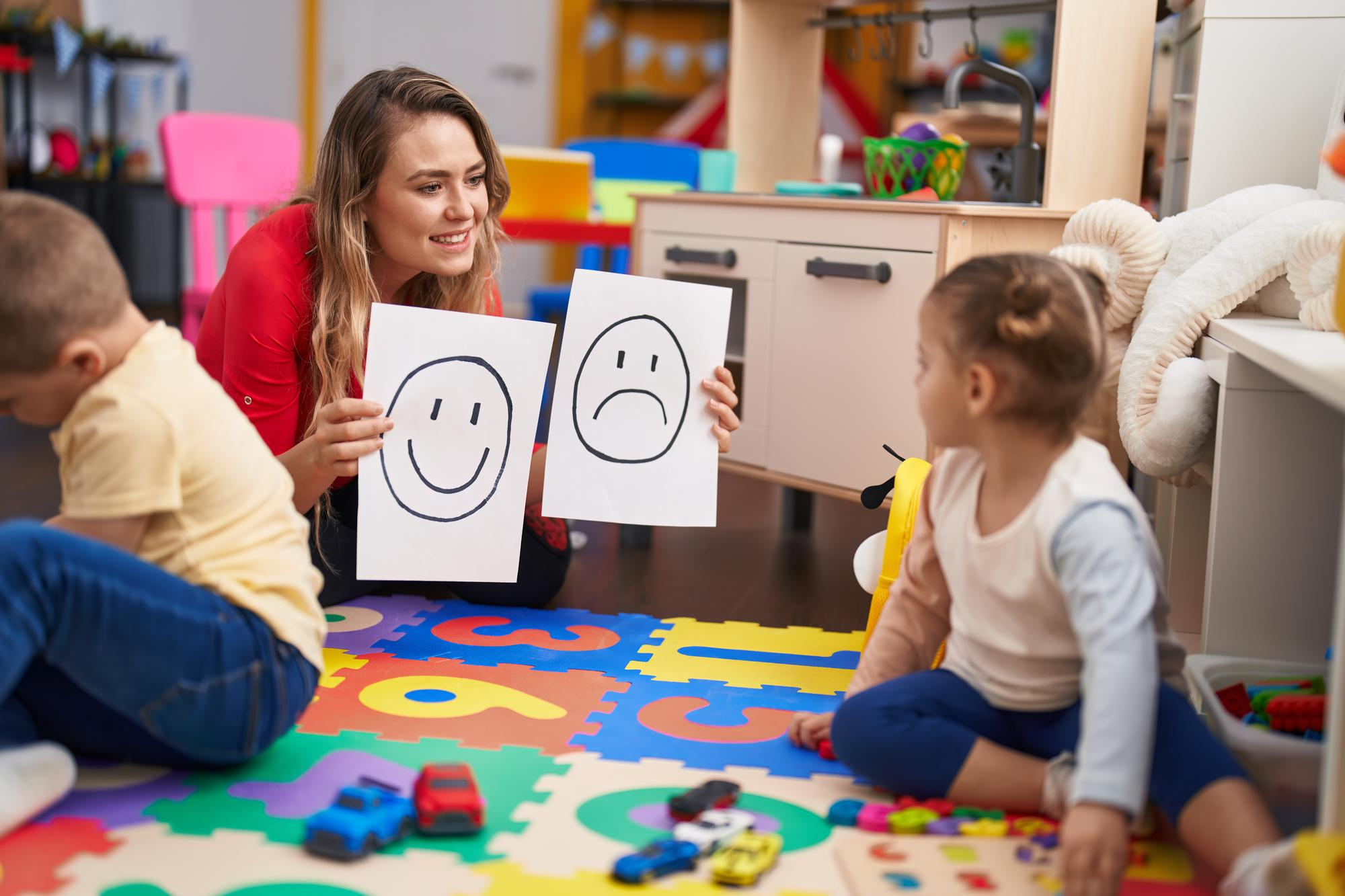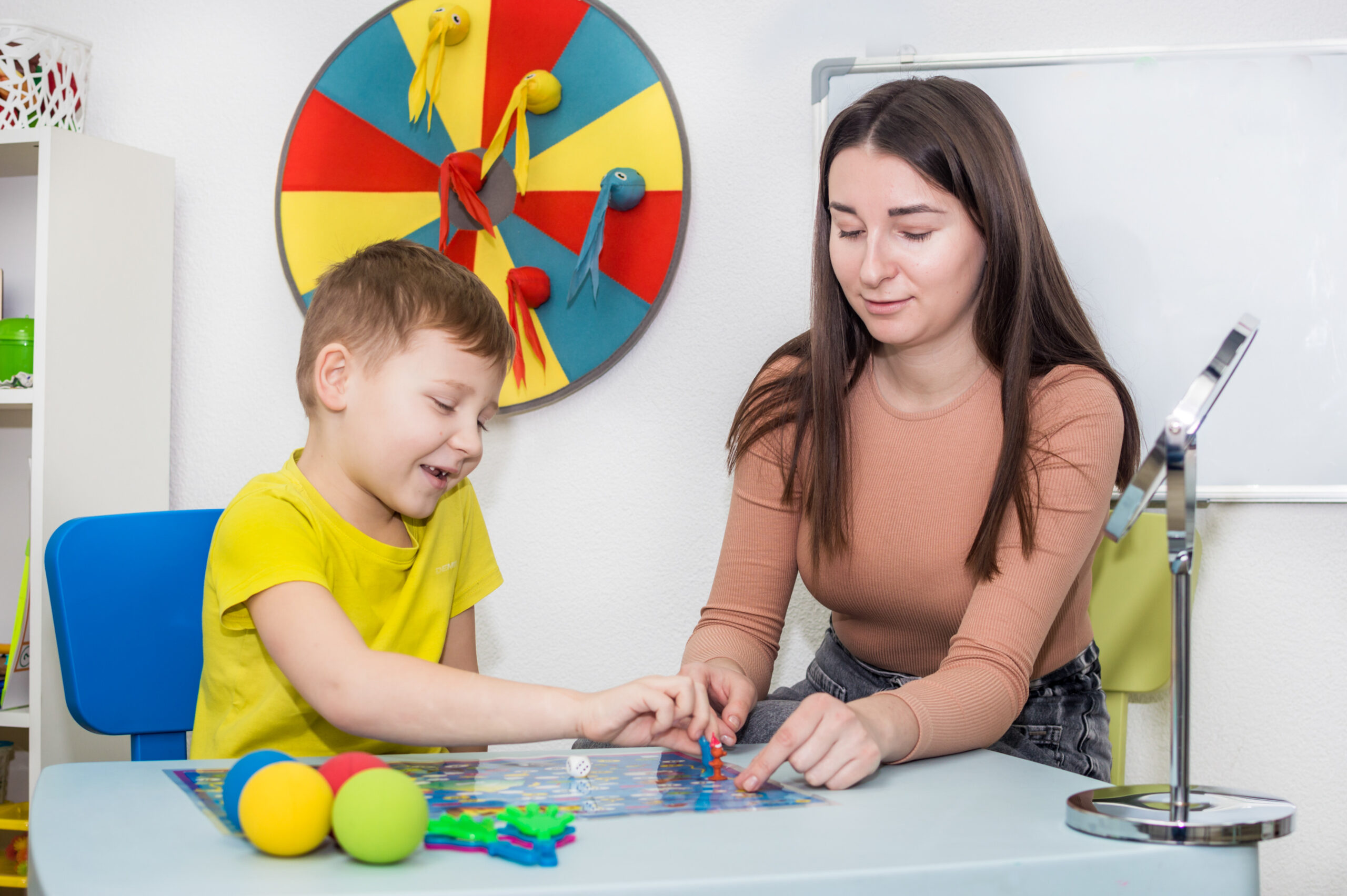If your child exhibits quick anxiety and is frequently in an angry mood, it could indicate a need for behavioral therapy. Early intervention with behavioral therapy can be highly beneficial. Behavioral therapists are crucial in addressing such issues and helping children develop healthier coping mechanisms and behaviors.
If you’re searching for a behavioral therapist in your area, you can easily do so by adding your location to the search query. For example, you can search for “behavioral therapist in Hyderabad” to find professionals who can assist you with your child’s needs.
Understanding childhood behavior requires an appreciation of developmental stages and their influence on behavior, awareness of common behavioral issues observed in children, and recognition of the factors contributing to behavioral challenges, including genetics, environment, and more.
In this blog post, we will explore the various developmental stages of children, common behavioral issues they face, and the factors that contribute to these challenges.
Developmental Stages and Behavior
- Infancy (0-2 years): Infants rely on caregivers for everything. Their behavior is primarily driven by basic needs such as hunger, comfort, and sleep. They may exhibit attachment behaviors and begin to explore their surroundings.
- Early Childhood (2-6 years): Children in this stage are curious and imaginative. They start developing language skills, social interactions become more prominent, and they begin to assert their independence. Temper tantrums and defiance are common as they learn boundaries and rules.
- Middle Childhood (6-12 years): Children become more self-aware and start forming relationships outside the family. They develop cognitive abilities and problem-solving skills. Peer influence becomes significant, and they may experience increased social pressures.
- Adolescence (12-18 years): Adolescents undergo significant physical, emotional, and cognitive changes. They seek autonomy and identity formation, leading to experimentation and risk-taking behaviors. Peer relationships, identity exploration, and hormonal changes strongly influence their behavior.
Common Behavioral Issues
- Attention-Deficit/Hyperactivity Disorder (ADHD): Characterized by inattention, hyperactivity, and impulsivity, ADHD can affect a child’s ability to focus, sit still, and control their impulses.
- Oppositional Defiant Disorder (ODD): Children with ODD often display hostile and defiant behavior toward authority figures, leading to frequent arguments and defiance.
- Anxiety Disorders: Anxiety disorders such as generalized anxiety disorder, separation anxiety disorder, and specific phobias can manifest as excessive worrying, fearfulness, and avoidance behaviors.
- Autism Spectrum Disorder (ASD): ASD encompasses a range of neurodevelopmental disorders characterized by difficulties in social interaction, communication, and repetitive behaviors.
- Depression: Children and adolescents can experience depression, leading to feelings of sadness, hopelessness, irritability, and changes in sleep and appetite.
Factors Contributing to Behavioral Challenges
Genetics: Genetic predispositions can influence a child’s temperament, personality traits, and susceptibility to mental health disorders.
Environment: Family dynamics, parenting styles, socioeconomic status, exposure to trauma, peer relationships, school environment, and cultural influences all play crucial roles in shaping a child’s behavior.
Neurobiological Factors: Brain development, neurotransmitter imbalances, and abnormalities in brain structure and function can contribute to behavioral disorders.
Life Events and Stressors: Traumatic experiences, significant life changes, chronic stress, and adverse childhood experiences (ACEs) can impact a child’s emotional well-being and behavior.
Social and Cultural Factors: Cultural norms, societal expectations, stigma surrounding mental health, and access to resources and support services can influence how behavioral challenges are perceived and addressed.
How do you find a behavioral therapist for your child?
-
Research and Referrals
Research behavioral therapists specializing in children’s needs. Look for recommendations from pediatricians, school counselors, or trusted friends and family members who may have sought similar services for their children. Additionally, online platforms and directories specific to mental health professionals can provide valuable insights into qualified therapists in your area.
For quick research, you can search in any search engine. To find more accurate results, you can add your location, too—for example- a behavioral therapist for kids
-
Credentials and Specializations
Verify the credentials and qualifications of potential therapists. Look for licensed professionals with specific training and experience in child psychology or behavioral therapy. Specializations such as Applied Behavior Analysis (ABA) or Cognitive Behavioral Therapy (CBT) can particularly benefit children with behavioral challenges.
-
Initial Consultations
Schedule initial consultations with prospective therapists. This allows you to meet them in person or virtually, discuss your child’s needs, and assess their approach to treatment. During these consultations, ask about their therapeutic techniques, treatment philosophy, and previous experience working with children with similar behavioral issues.
-
Assessment and Treatment Plan
A reputable behavioral therapist will comprehensively assess your child’s behavior, developmental history, and any underlying issues contributing to their challenges. Based on this assessment, they should create a customized treatment plan tailored to your child’s needs and goals. Ensure that the therapist communicates this plan clearly and involves you in decision-making.
-
Continued Monitoring and Collaboration
Effective behavioral therapy requires ongoing monitoring and adjustment as your child progresses. Choose a therapist who emphasizes collaboration and open communication with both you and your child’s other caregivers, such as teachers or school counselors. Regular progress updates, feedback sessions, and opportunities for parental involvement are essential components of successful best behavioral therapy for child.
Conclusion
Behavioral therapy for children is a beacon of hope in addressing various developmental and psychological challenges they may face. Through personalized interventions tailored to the unique needs of each child, behavioral therapists offer invaluable support in fostering positive behavior, enhancing social skills, and mitigating emotional struggles.







